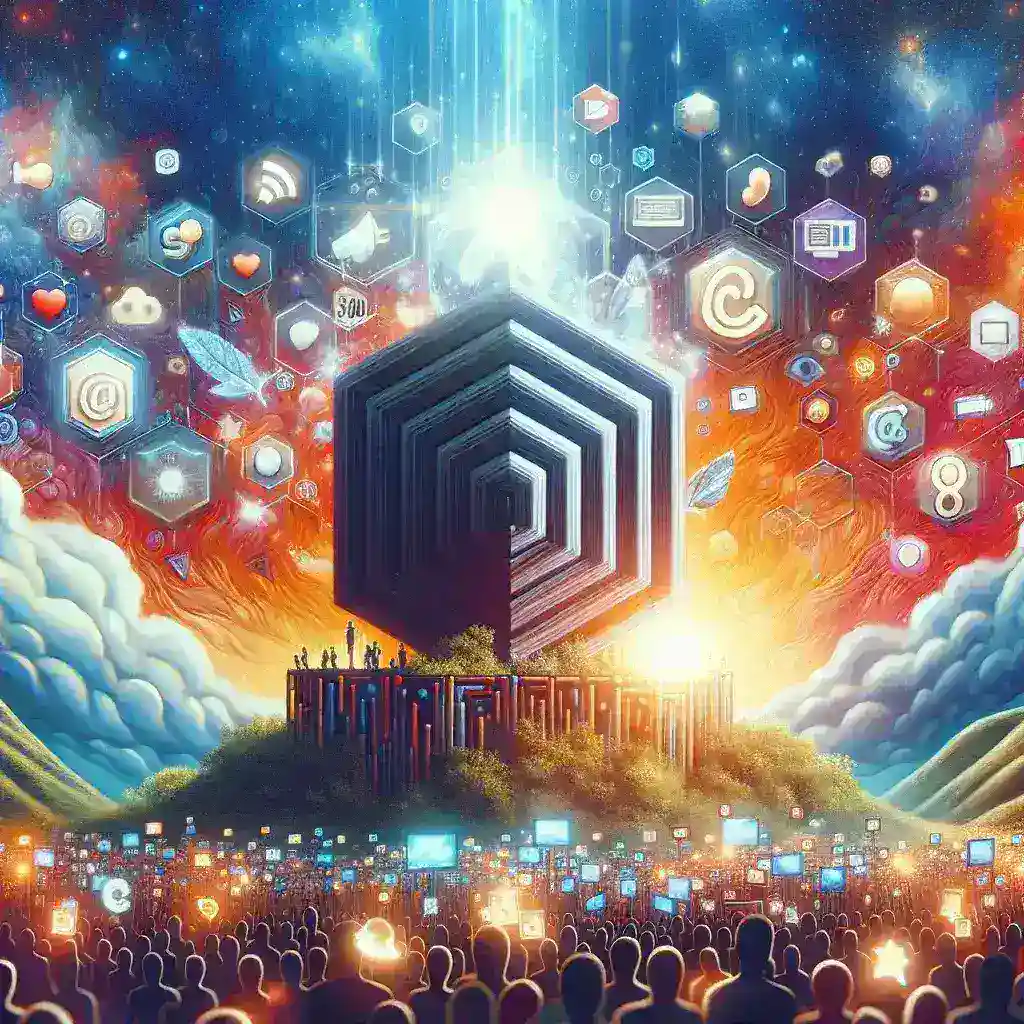The Rise of the Content Creator Economy
In recent years, the content creator economy has exploded, transforming how individuals monetize their talents and passions. This innovative sector has achieved a remarkable valuation of $50 billion, reflecting the increasing significance of creators in the digital landscape. With platforms like YouTube, TikTok, Instagram, and Patreon paving the way, content creators are no longer just hobbyists but are becoming legitimate businesses.
Understanding the Valuation
The staggering valuation of $50 billion for the content creator economy encompasses various segments, including influencer marketing, subscription models, merchandise sales, and affiliate marketing. In 2023, it is estimated that over 50 million individuals identify as content creators, showcasing the vast potential of this marketplace.
Factors Driving Growth
- Increased Online Engagement: The pandemic accelerated digital consumption, leading to more people spending time online. This trend has created opportunities for creators to reach larger audiences.
- Diverse Revenue Streams: Creators are not limited to traditional ad revenue; they can earn through sponsorships, merchandise, and subscription models, providing financial stability.
- Support from Brands: Brands are recognizing the power of influencer marketing, investing heavily in partnerships with creators to reach targeted demographics.
The Role of Professional Guilds
One of the most significant developments within the content creator economy is the establishment of professional guilds. These organizations aim to support creators by providing resources, networking opportunities, and advocacy.
What Are Professional Guilds?
Professional guilds are associations formed to unite individuals within a specific industry. They offer various services, such as legal support, educational workshops, and networking events tailored for creators. Their introduction into the content creator economy represents a maturation of the industry.
Benefits of Joining a Guild
- Legal Support: Navigating contracts, copyright issues, and trademark laws can be daunting for creators. Guilds provide access to legal resources and professionals.
- Networking Opportunities: Guilds often host events and forums where creators can connect, collaborate, and share ideas, leading to potential partnerships.
- Professional Development: Workshops and training sessions help creators enhance their skills, stay updated with industry trends, and learn about monetization strategies.
Challenges Within the Creator Economy
Despite its rapid growth, the content creator economy faces several challenges. Issues such as algorithm changes, burnout, and mental health concerns are prevalent.
Algorithm Changes
Platforms frequently update their algorithms, impacting creators’ visibility and engagement. These changes can make it difficult for creators to maintain consistent income.
Burnout and Mental Health
The pressure to constantly produce content can lead to burnout. Many creators struggle with mental health issues due to the demands of their audience and the need for perfection.
Future Predictions
The future of the content creator economy looks promising, with several trends shaping its trajectory:
- Increased Regulation: As the industry matures, we can expect more regulations aimed at protecting creators and ensuring fair compensation.
- Integration of Technology: Innovations in AR and VR will allow creators to explore new formats and enhance user experiences.
- Focus on Community: Creators will increasingly prioritize building communities, fostering deeper connections with their audiences beyond mere transactions.
Real-World Examples
Numerous creators have successfully leveraged their platforms to build thriving businesses:
Example 1: Ali Abdaal
Ali Abdaal, a doctor and YouTuber, has grown his channel to over 2 million subscribers by sharing productivity tips and study techniques. Through his content, he has created online courses and workshops, generating significant revenue.
Example 2: Charli D’Amelio
Charli D’Amelio rose to fame on TikTok, amassing over 100 million followers. She has collaborated with major brands, launched her own merchandise, and ventured into traditional media, exemplifying the potential of the creator economy.
Cultural Relevance
The content creator economy is reshaping cultural norms. Creators have become the new celebrities, influencing trends, fashion, and even political movements. Their impact is evident in how brands market their products and how audiences perceive authenticity.
Conclusion
As the content creator economy continues to grow, reaching a valuation of $50 billion, the emergence of professional guilds signifies a turning point. These organizations not only support creators but also contribute to the industry’s overall professionalization. While challenges remain, the future looks bright for content creators willing to adapt and innovate. The economy is not just a passing trend; it is a fundamental shift in how we engage with content and creators, promising further growth and evolution in the years to come.

Leave a Reply